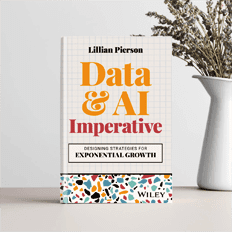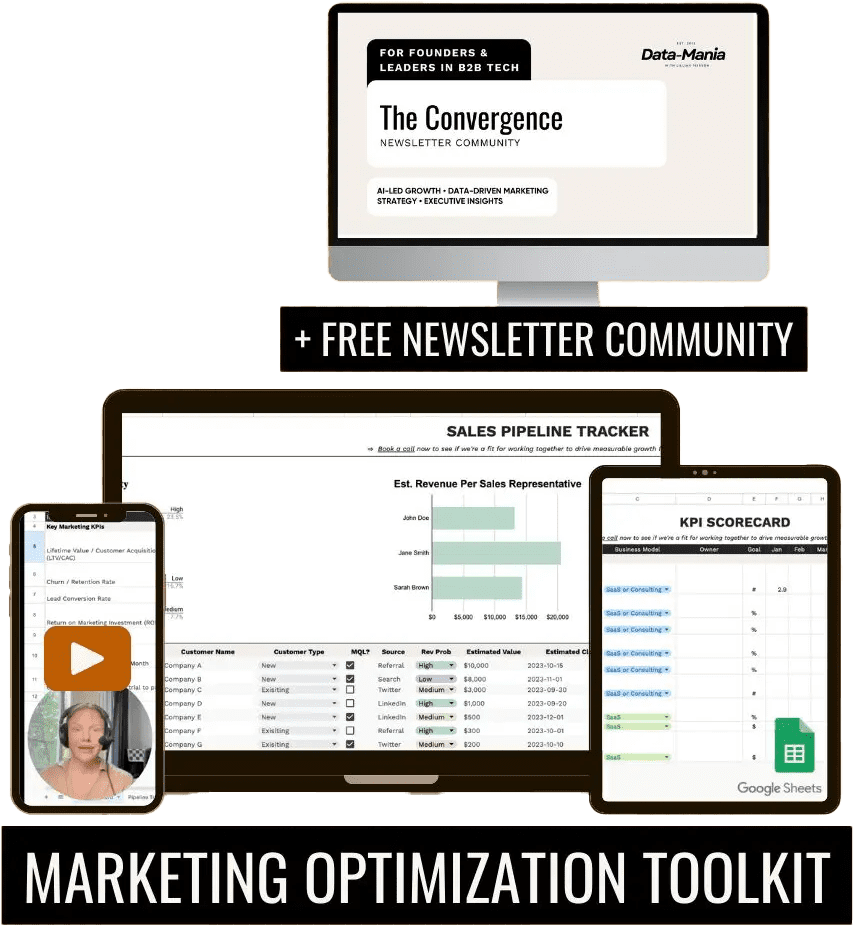
DOES YOUR GROWTH STRATEGY PASS THE AI-READINESS TEST?
I've put these processes to work for Fortune 100 companies, and now I'm handing them to you...
This website was lovingly handcrafted by: Mili Digital
This website was lovingly handcrafted by: Mili Digital
© Data-Mania, 2012 -
2024
| PRODUCTS PROTECTED BY COPYSCAPE
